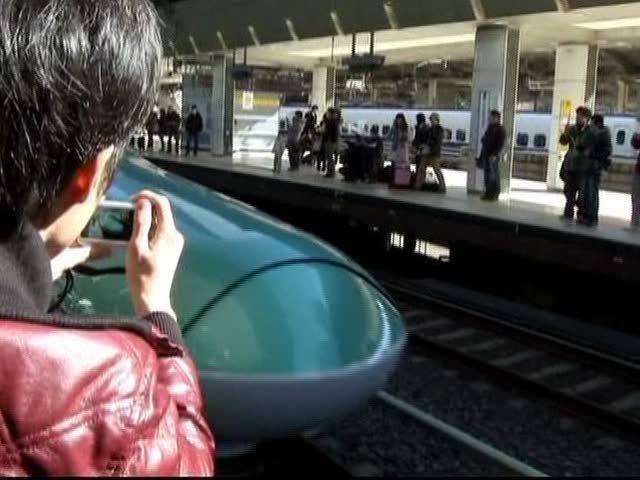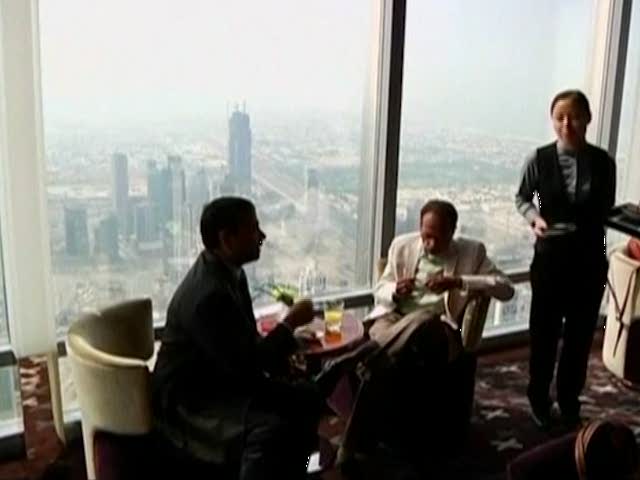Some U.S. online companies could soon be required to take on a new role: tax collectors for the European Union.
Published:
26 December 2001 y., Wednesday
The EU's Council of Economic and Finance Ministers agreed earlier this month to require companies outside the EU to collect taxes on the goods and services they deliver digitally to European consumers, such as music, videos and e-books.
The agreement, expected to be approved in February and take effect in 2003, is another step toward ending the Internet's status as a largely duty-free zone, and it complicates the already controversial debate in America about whether to tax the Internet.
Just last month, President Bush signed a bill to extend a ban on Internet taxes in the United States, relieving anti-tax advocates who had to fight off attempts to include a provision that would eventually allow states to tax Net sales. But the bill's supporters were only able to have the ban extended two years--far shorter than they originally hoped.
The concessions illustrate the increasing pressure to tax online goods both in the United States and elsewhere. The EU proposal, which was originally put forward last year, has already drawn questions and objections from businesses and trade organizations in the United States. The biggest question revolves around how the new rule would be enforced.
In the United States, an individual state can't force a company based outside its borders to collect sales taxes if that company has no physical presence within the state. Likewise, the EU may have trouble forcing foreign companies to collect the value-added tax (VAT) if they have no physical presence in the EU.
Šaltinis:
CNET News.com
Copying, publishing, announcing any information from the News.lt portal without written permission of News.lt editorial office is prohibited.
The most popular articles
 Most EU countries continue to meet deadlines for incorporating single market rules into national law, contributing to economic growth and job creation.
more »
Most EU countries continue to meet deadlines for incorporating single market rules into national law, contributing to economic growth and job creation.
more »
 Japanese officials unveil their new bullet train, capable of travelling at speeds of 320 km per hour (198 miles per hour).
more »
Japanese officials unveil their new bullet train, capable of travelling at speeds of 320 km per hour (198 miles per hour).
more »
 The first International Security Technology Exhibition, KIPS 2011, will be held on 23-26 February 2011 in Kiev (Ukraine). The motto of the exhibition is ‘There can never be too much security!’
more »
The first International Security Technology Exhibition, KIPS 2011, will be held on 23-26 February 2011 in Kiev (Ukraine). The motto of the exhibition is ‘There can never be too much security!’
more »
 The world's highest restaurant opens in Dubai, United Arab Emirates, located 400 metres above ground in Burj Khalifa, the world's tallest tower.
more »
The world's highest restaurant opens in Dubai, United Arab Emirates, located 400 metres above ground in Burj Khalifa, the world's tallest tower.
more »
 The rights of consumers will be clarified and updated, whether they shop at a local store or buy goods on line, under new EU rules as amended by the Internal Market Committee on Tuesday.
more »
The rights of consumers will be clarified and updated, whether they shop at a local store or buy goods on line, under new EU rules as amended by the Internal Market Committee on Tuesday.
more »
 MEPs on Wednesday gave their green light for the Council to conclude an Interim Economic Partnership Agreement with Papua New Guinea and Fiji, two countries of the Pacific Region with significant exports to the EU.
more »
MEPs on Wednesday gave their green light for the Council to conclude an Interim Economic Partnership Agreement with Papua New Guinea and Fiji, two countries of the Pacific Region with significant exports to the EU.
more »
 Report sets 10 priorities for tackling the bloc's main economic challenges, launching the first ever ‘European semester'.
more »
Report sets 10 priorities for tackling the bloc's main economic challenges, launching the first ever ‘European semester'.
more »
 China's first capsule hotel ready to open its doors in Shanghai, aims to capture slice of booming leisure budget travel market.
more »
China's first capsule hotel ready to open its doors in Shanghai, aims to capture slice of booming leisure budget travel market.
more »
 Declaration by Michel Barnier on the start of three new authorities for supervision.
more »
Declaration by Michel Barnier on the start of three new authorities for supervision.
more »
 On 1 January, Estonia adopted the euro as its official currency and the changeover is running smoothly and according to plan.
more »
On 1 January, Estonia adopted the euro as its official currency and the changeover is running smoothly and according to plan.
more »